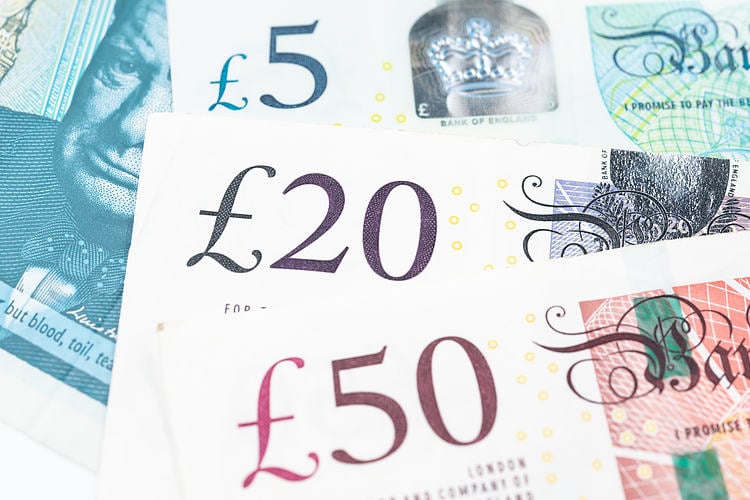The Association of Greek Industries (SVE) published today its proposals for the practical strengthening of the processing companies that have been affected by the increase of the energy tariffs, after an opinion poll carried out on the effects of the increases on their daily operation and on their competitiveness.
The main results from the research are:
88% of companies have received an increase in energy tariffs by more than 40%.
Recent increases in energy tariffs have increased by 20% to 40%:
-Production costs for more than one in five companies (22%)
-The prices of raw materials for one in three companies (31%)
-The prices of intermediate products for one in four companies (25%)
-The costs of transporting the products for one in five companies (19%)
More than three in ten companies (33%) have not passed on the increases to their customers, while more than five out of ten companies have passed on the increases. (57%)
Business forecasts for energy prices in the next six months are ominous:
-Five out of ten (50%) state that they will remain at the same levels as today,
– one in three (31%) predict that they will increase further, while,
-only one in ten (11%) predicts a reduction in energy tariffs.
Finally, when asked what will happen in the event of a further increase in energy prices in the next six months, the companies in the sample predict a reduction of 10% to 20%:
-In sales: one in five companies (19%)
-In exports one in four companies (25%) and,
-In the profits of one in four companies (25%)
“The research of the Hellenic Association of Industries (SVE) on the effects on the competitiveness and the daily operation of small and medium-sized processing companies due to the increase in prices for energy tariffs, records significant increases from 20% to 40% in the production costs of industry. in the prices of raw materials and intermediate products, as well as in the cost of transport “, states o President of SVE, Athanasios Savvakis Commenting on the results of the survey, he added: “Along with the decline in exports also recorded in the survey, the risk of losing significant foreign markets is obvious, with negative consequences for business viability and, of course, for retaining existing jobs.
In order not to verify the ominous forecasts of companies for the immediate period, the SBE proposes specific measures, which lead to a reduction in energy costs for industry and the preservation of jobs.
Of course, in the last three years, many favorable decisions have been taken that have strengthened the competitiveness of the industry in practice. These decisions have had significant effects on businesses, especially during the pandemic.
In any case, the aid measures to be taken by the Government should not jeopardize the fiscal situation of the country, and therefore their respective budgetary implications should be carefully considered. ”
The proposals of SVE
A. Institutional energy policy interventions and infrastructure upgrades:
-Review of the country’s energy mix in order to achieve the lowest possible prices
Acceleration of the institutional framework for the formation and implementation of energy storage from RES.
-Upgrading the infrastructure of the electricity transmission network, so that there is a possibility of receiving and distributing new electricity production, which can be produced by industry using e.g. photovoltaic cells.
-Institution of energy saving programs for industry, such as for example the replacement of energy-intensive electromechanical equipment and energy upgrades of all types of facilities, with emphasis on production facilities.
-Legislative initiatives for the enlargement and direct operation of energy communities, for the ease of installation of virtual net metering and for the signing of bilateral contracts.
– Subsidy program for the installation of photovoltaics for companies that adopt the net metering process.
-Designing a program to support the green transformation of domestic manufacturing companies, which will be included in the National Recovery Plan.
B. Medium-term and short-term measures:
-Immediate support of energy-intensive industries, with a subsidy that will be adjusted per professional sector, depending on the severity of energy costs in the operation of the company.
Institutionalization procedure for the payment of electricity bills in more than six (6) installments.
Introduction of the obligation of fixed tariffs for small consumers.
– Institutionalization of the disposal of electricity produced by RES with bilateral contracts, ie outside the Stock Exchange.
Identity of the research
The research involved 142 companies from all manufacturing sectors with:
56% of the companies in the sample have more than 100 employees
-72% of them have a turnover of more than 10 million. euros for 2021, and,
81% of them should be included in the average voltage consumption of electricity.
The survey was conducted from January 25 to February 7, 2022.
Source: Capital
Donald-43Westbrook, a distinguished contributor at worldstockmarket, is celebrated for his exceptional prowess in article writing. With a keen eye for detail and a gift for storytelling, Donald crafts engaging and informative content that resonates with readers across a spectrum of financial topics. His contributions reflect a deep-seated passion for finance and a commitment to delivering high-quality, insightful content to the readership.






